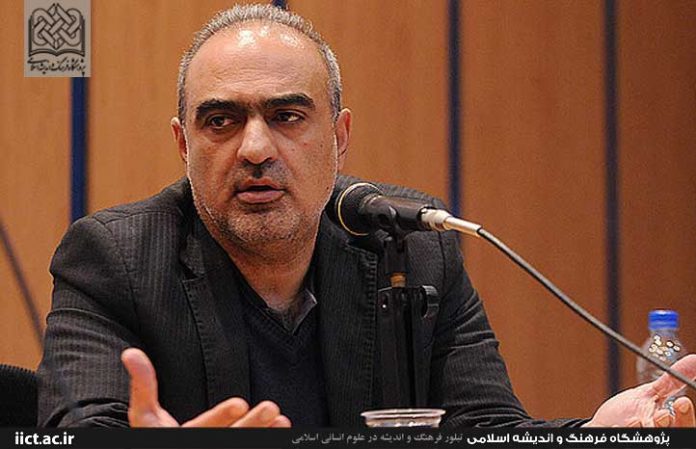Ahmad Reza Mo’tamedi
Abstract
In his comparative study of poetry and history, Aristotle refers to universal approach of art as against the particular approach of history in chronology, and describes poetry as more philosophical by virtue of its universal and philosophical approach. The poet goes beyond the fact and what has occured, and deals with what has been “possible” to occur. The poet’s talent and genius lies in discovery of capacity and possibility of things and phenomena. In his philosophical system and dialectical logic, Hegel has established art upon the unity of the subject and the object as well as its mediation. The object, as the independent reality outside the subject and mind, is the revision and rehabilitation of objective reality by the subject. The mind attempts to perceive relevant aspects, capabilities, and potentiality of phenomena. When mind renders things motion and dynamicity through intuiting their potential aspects, it has been regarded as the [Geist] Spirit. The artistic point of departure is not that universal immaterial spirit, but rather the universal which enjoys a particular aspect and concrete capability. The artistic “universal” is the negative particular, and the artistic particular is the negative universal. Artistic creation in general consists of discovering the possibilities of thing and moving from particularity to universality, while a unique and particular work of art consists of moving from universality to particularity and hierarchical manifestation of the spirit in the work of art. What aligns Hegel, the latter teacher of philosophy, after more than two thousand years, with the first teacher Aristotle, is his hair-splitting study of the process of the formation of the work of art. Artist’s genius and initiative lies in discovering the possibilities of objects. When Hegel says whenever we face a work of art it is as if we face a level of the spirit, it means that we have faced an aspect of possibility which has been actualized by an artistic genuis .




